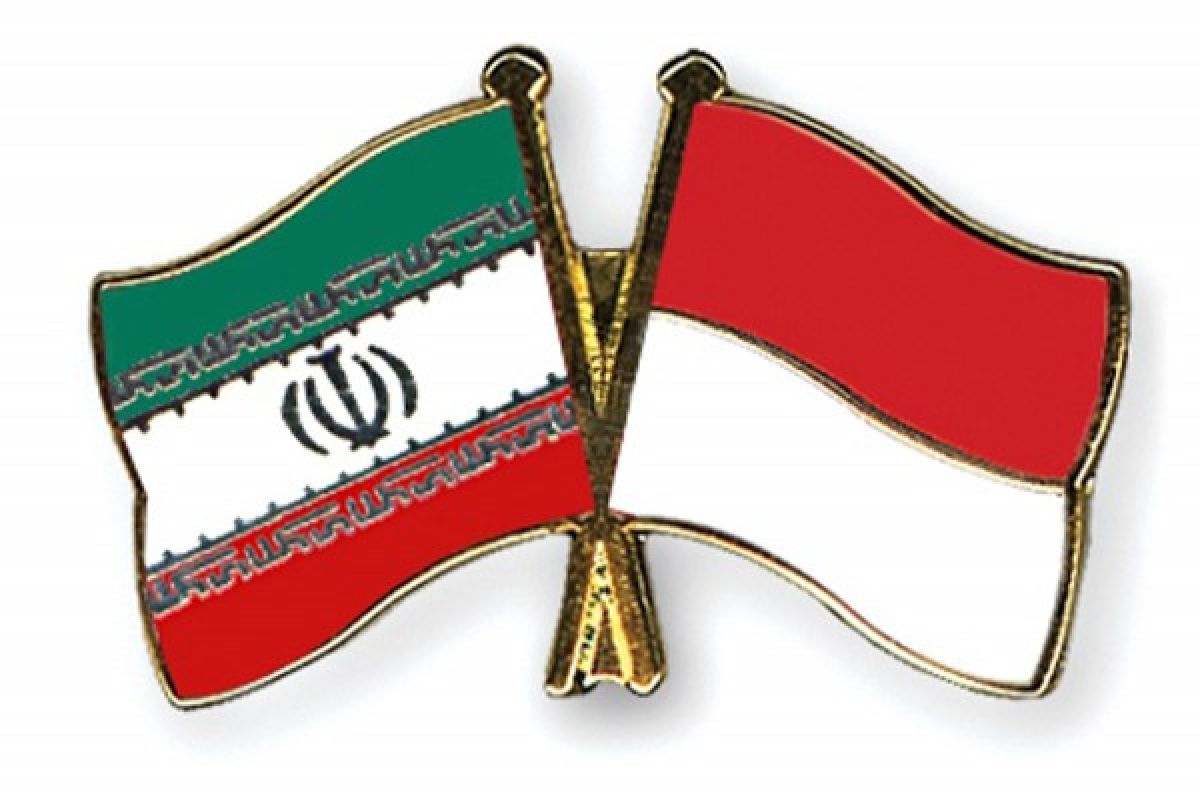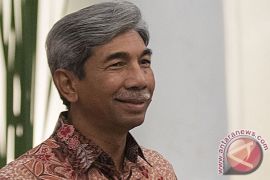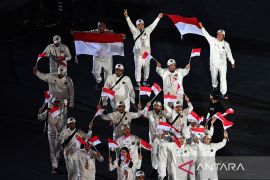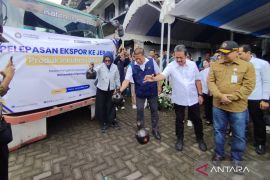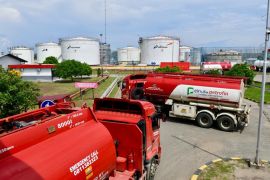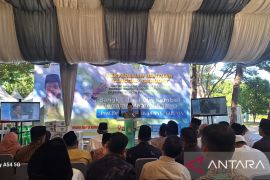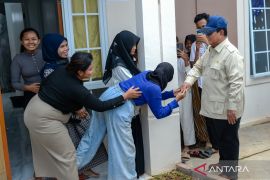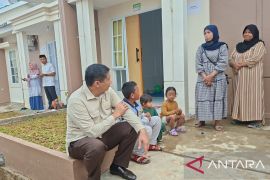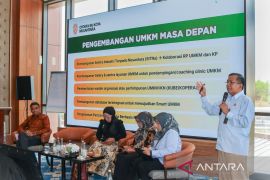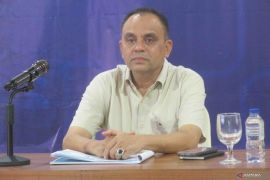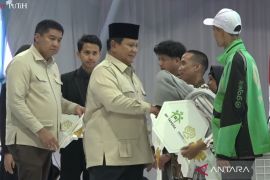For large countries such as Indonesia and Iran, a trade value of US$2 billion per year is very small."Jakarta (ANTARA News) - Indonesia and Iran are exploring ways to expand cooperation in numerous sectors including politics, culture, energy, research and technology, investment, and economy.
Officials from the two countries have underlined the need for the further expansion of mutual cooperation in the field of modern energy resources.
Indonesia and Iran have also planned to exchange research and technology ideas in science and other sectors.
But, more importantly, Deputy Foreign Affairs Minister A.M. Fachir has emphasized that Indonesia and Iran will revive the spirit of economic cooperation, especially in the field of trade.
In a press release issued by the Foreign Affairs Ministry on Monday, Fachir remarked that the value of the bilateral trade between Indonesia and Iran have yet to reach its true potential.
"For large countries such as Indonesia and Iran, a trade value of US$2 billion per year is very small," the deputy foreign affairs minister noted.
Therefore, Fachir affirmed, the two countries should revive their economic cooperation to increase the value of trade by over US$2 billion per year.
He made the statement while receiving the Ambassador of the Republic of Iran to Indonesia Valioallah Mohammadi Nasrabadi here last Friday.
The Iranian ambassador stressed his governments commitment to further increase the value of trade between the two countries.
Mohammadi stated that one of the ways to increase the value of bilateral trade is by involving the banking sector of both countries to seek a joint solution to the issues of export and import transactions.
According to him, analyzing the ways to enhance relations, such as exploring the possibility of establishing cooperation in the banking sector, will support future trade and investment between Indonesia and Iran.
The Iranian envoy pointed out that the value of bilateral trade in 2013 and 2014 reached US$568 million and US$430 million, respectively. The total value in the past had been over US$1 billion.
The significant decline in the trade value had been the result of a cessation of oil and gas imports from Iran following unilateral trade economic sanctions on the country.
However, the potential for trade between Iran and Indonesia is huge, considering the complementary nature of the trade between the two countries.
Iran is a gas and oil rich country and is superior in the areas of energy, infrastructure, technology, and manufacturing. However, the country needs agriculture and plantation products such as palm oil, tea, and coffee from Indonesia.
In light of this, Fachir observed that although the two countries are encountering difficulties in developing trade cooperation, they will continue to seek opportunities in other areas.
The deputy foreign affairs minister added that delegations from the chamber of commerce and industry of the two countries have visited each other to explore the existing potential to revive their cooperation.
"It is expected that the success of nuclear negotiations between Iran and the P5+1 countries in Lausanne, Switzerland, in early April 2015 can provide the necessary momentum to increase trade and investment ties with Iran," Fachir affirmed.
The Government of Indonesia has expressed the hope that an agreement to curb Irans nuclear program for at least a decade would contribute to regional as well as global peace and stability.
Early this month, after eight days of talks in Lausanne, Iran and other world powers agreed on a framework for the same in a historic deal aimed at curbing Tehrans nuclear drive.
The agreement marks a major breakthrough in a 12-year standoff between Iran and the West, which has long feared Tehrans intention of wanting to build a nuclear bomb.
"The agreement is expected to remind all parties of the need to continue their efforts to create a world that is free of nuclear weapons," a Foreign Affairs Ministrys press statement has said.
It also stated that Indonesia welcomed the news from Lausanne regarding the agreement on Irans nuclear program.
The Indonesian Government views the agreement, which had been achieved through difficult negotiations, as proof that diplomacy and dialogue are effective ways for settling problems faced by the international community.
Further, Indonesia has called on all parties involved in the negotiations to continue to place diplomacy and dialogue at the forefront while completing the final agreement on Irans nuclear program.
Fachir revealed that in a bid to promote intercommunity relations to establish mutual understanding between the people of both countries, Indonesia and Iran have agreed to develop cooperation in the fields of research and technology, tourism, culture, and education.
Meanwhile, the deputy foreign affairs minister lauded Iranian President Hassan Rouhanis confirmation of attendance at the commemoration of the 60th anniversary of the Asian-African Conference (AAC 2015).
Fachir stated that Rouhanis presence at the AAC 2015 will be a major contribution to the relations between both countries, considering Irans current position as the power holder of the Non-Aligned Movement (NAM).
He has also welcomed an Iranian business delegations plan to attend the Asian-African Business Summit on April 21-22, 2015.
Last year, Iranian President Hassan Rouhani had said his country was ready to further strengthen relations with Indonesia in the areas of mutual interests.
The Iranian President had highlighted the positive aspects of the bilateral cooperation at the international level, including at the United Nations, Organization of Islamic Cooperation, and NAM.
"Iran and Indonesia share identical viewpoints, so we should further develop our bilateral economic and cultural cooperation," he had stated.
(Uu.O001/INE/KR-BSR/A014)
Reporter: Otniel Tamindael
Editor: Priyambodo RH
Copyright © ANTARA 2015
